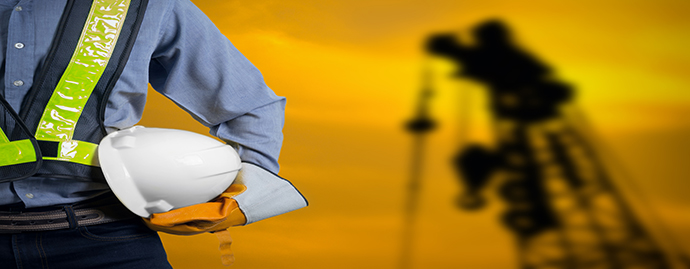| Start Date | End Date | Country | City |
|---|

 +966 920007771
+966 920007771

Objectives
- After the course participants will be able to identify and implement the operational techniques that will ensure max safety for the operator and pedestrians, increase productivity, prevent damage to both the material being handled and the working area, prevent accidental damage to the forklifts and ensure the equipment will be maintained and always kept in proper working condition
Outlines
Day One: Theoretical training
Introduction:
- Different types of fork lifts
- Difference between automobiles and fork lifts
- Automobiles & forklifts video
Forklifts engineering principles:
- Fulcrum principles
- Centre of gravity
- Load centers
- Stability triangle
- Lever Principle
- Momentum
- Forklifts engineering principles video
Forklifts specifications:
- Data plate
- Forklifts attachments
Forklifts basic operation rules:
- Speed
- Riders
- Seat belts and turn-overs
- Raised loads
- Steering and operating surfaces
- Restricted views
- Pedestrians
- Maneuvering and rear swings
- Docks and ramps
- Ramps loaded and unloaded
- Parking
- Hazards and hazardous areas
- Forklifts riders and operation rules video
Common causes of fork lift accidents:
- Forklifts accidents real case studies
- Case 1—Forklift Overturn
- Case 2—Worker Struck by Forklift
- Case 3—Fall from Forklift
- Speeding: going nowhere faster
- Backing up The major cause of injuries and damage
- Riding on forks
- Uneven floors
- Operator Inattention
- Parking Violations.
- Overall, mechanical or hydraulic failure
Forklifts maintenance:
- Maintenance and inspection
- Operator check list
Day Two: On Site Practical training and assessment
Pre-trip inspection evaluation:
- Forklift operator's daily checklist
- Forklift safety inspection
Site operation coaching and assessment
- Performance test – 1 (Site operation test):
- A forklift operator drive in the loading site and the instructor observes whether he applies safety precautions in maneuvering, loading, unloading, negotiation curves, ramps.
- Performance test – 2 (Simple Stacking, Adding, Unloading):
- We use several high stacks of pallets for this test and issue instructions to move these stacks to a new location to observe the forklift operator and watch for the following:
- Leading too many pallets at one time (none higher than backrest).
- Difficulty in judging distances between pallets and forks.
- Forks extending past the edge of the pallets
- Pallet stacks may be uneven on forks when re-stacked.
- Difficulty using lifts and tilts levers.
- Pallets or loads not brought to 4-6 inches off the ground before traveling.
- Improper starting, stopping, riding the clutch, poor driving habits, etc.
Who Should Attend
Duration
2 Days










